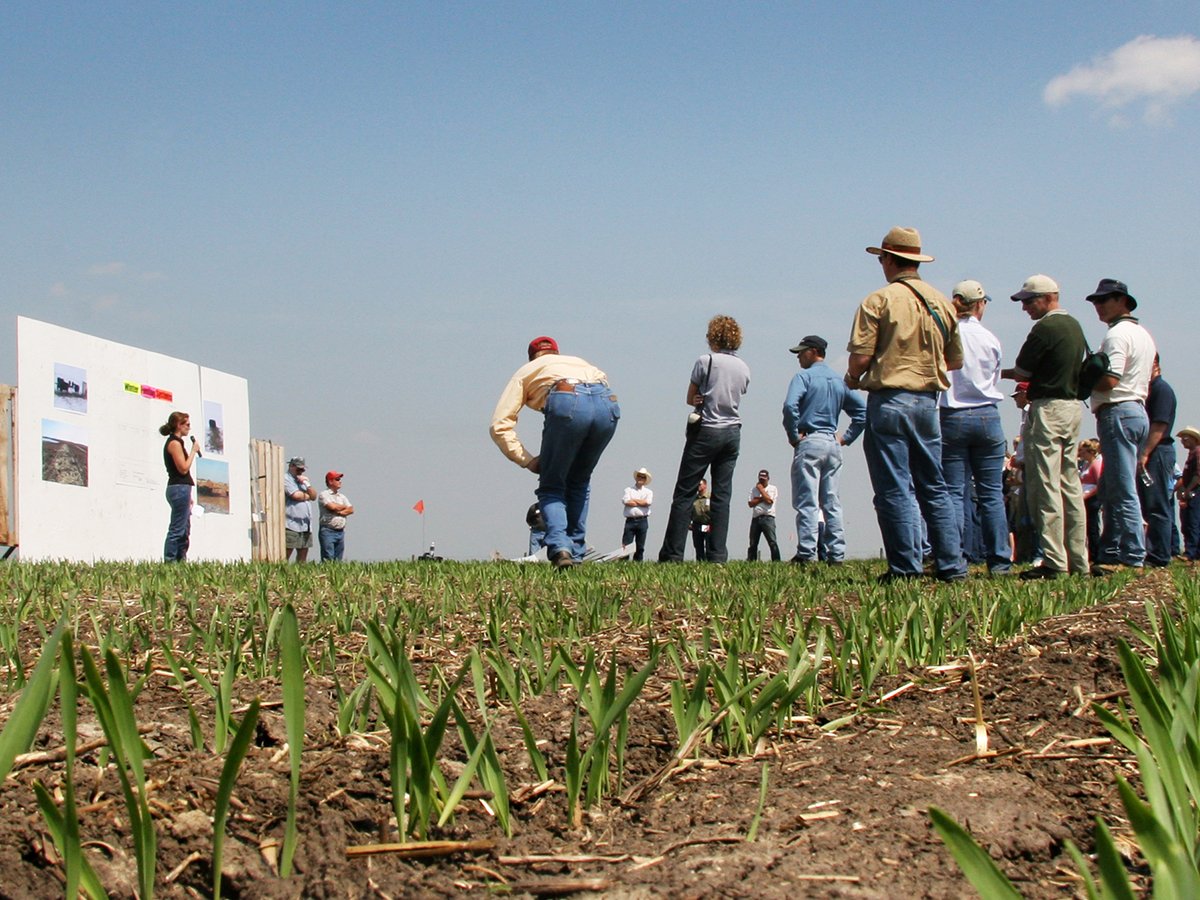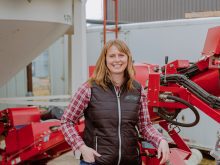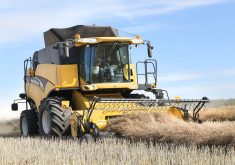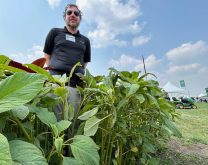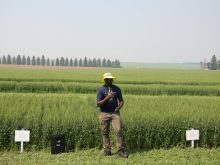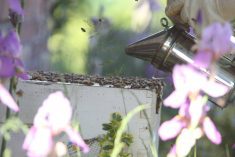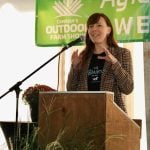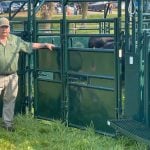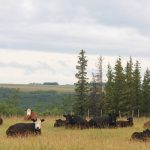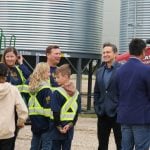The University of Saskatchewan is one of the top agricultural universities in Canada.
Its College of Agriculture and Bioresources has a global reputation and is home to some of the best plant breeders and livestock experts in the world.
Related stories:
- Is agriculture extension working in Canada?
- Agriculture extension in Canada – fragmented and under-funded
- North Dakota still relies on face-to-face extension
Some of those professors make an effort to share their knowledge and research results with producers, but it’s not a requirement of the job.
Read Also
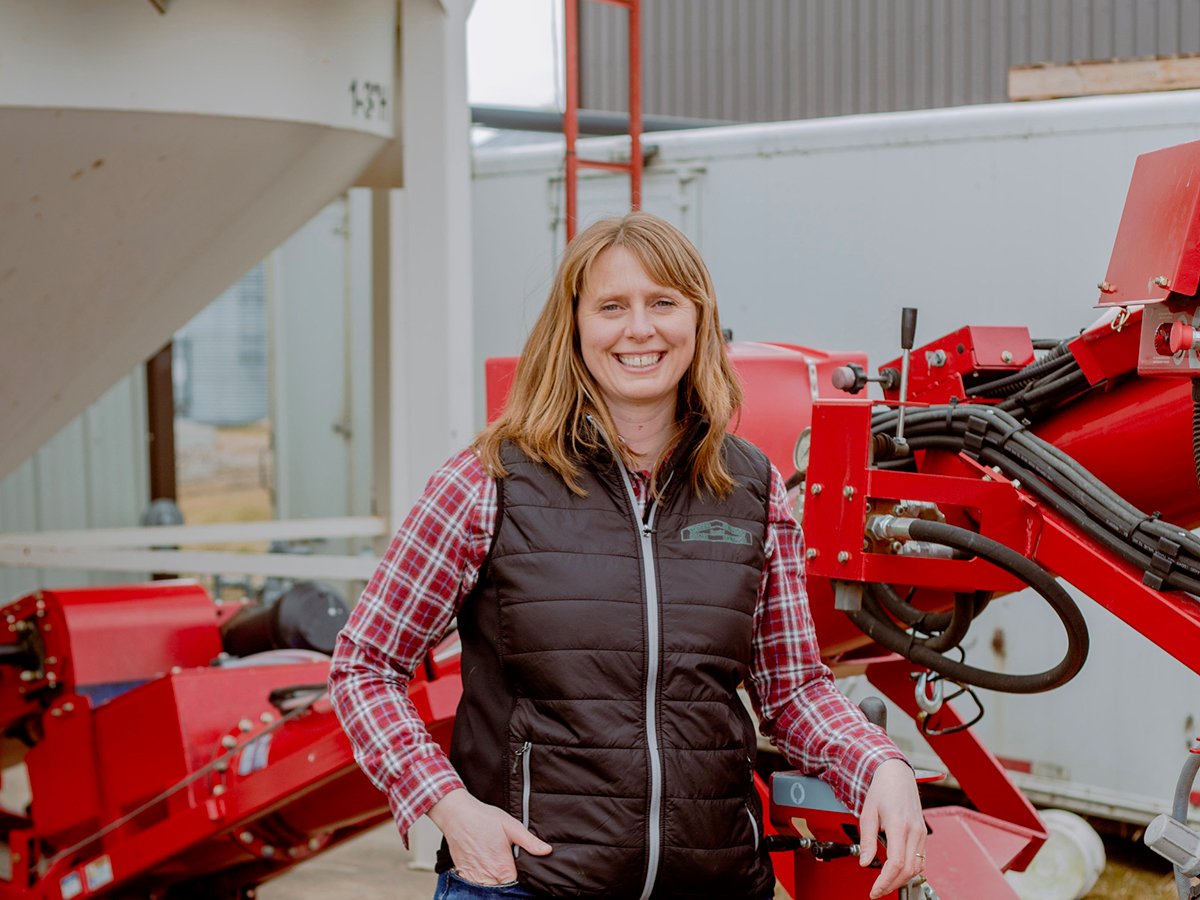
Weigum’s work with Alect Seeds earns her Alberta’s Outstanding Young Farmer award
Three Hills farmer earns Alberta’s Outstanding Young Farmers award through marketing of Alect Seeds to bring the best varieties and crop types to their customers and improve the quality of the land they farm.
That’s different from a land grant university in the United States, where extension is part of the mission statement.
The Western Producer asked agriculture dean Angela Bedard-Haughn about extension and how it works at the university.
Western Producer: What is the expectation for extension at the U of S?
Bedard-Haughn: For nearly a century, there was an explicit extension department or division at the University of Saskatchewan. The name and composition changed over the decades, but it was readily identifiable as a unit.
In 2007, the Extension Department was officially disestablished and its functions distributed across campus. Those functions continue to evolve regularly, but the essence of extension remains active in various forms across campus, including various non-credit courses and workshops, web-based programs (such as Gardening at USask, Gardenline) and participation by faculty, staff and graduate students in numerous extension events such as webinars, workshops and field days.
WP: Is it part of the job description for professors and staff at the College of Agriculture and Bioresources?
B-H: Not for everyone, but certainly our research chairs’ job descriptions explicitly include extension duties, as they are typically hired to deliver research in a particular area that will have direct impact on a specific segment of the agriculture sector.
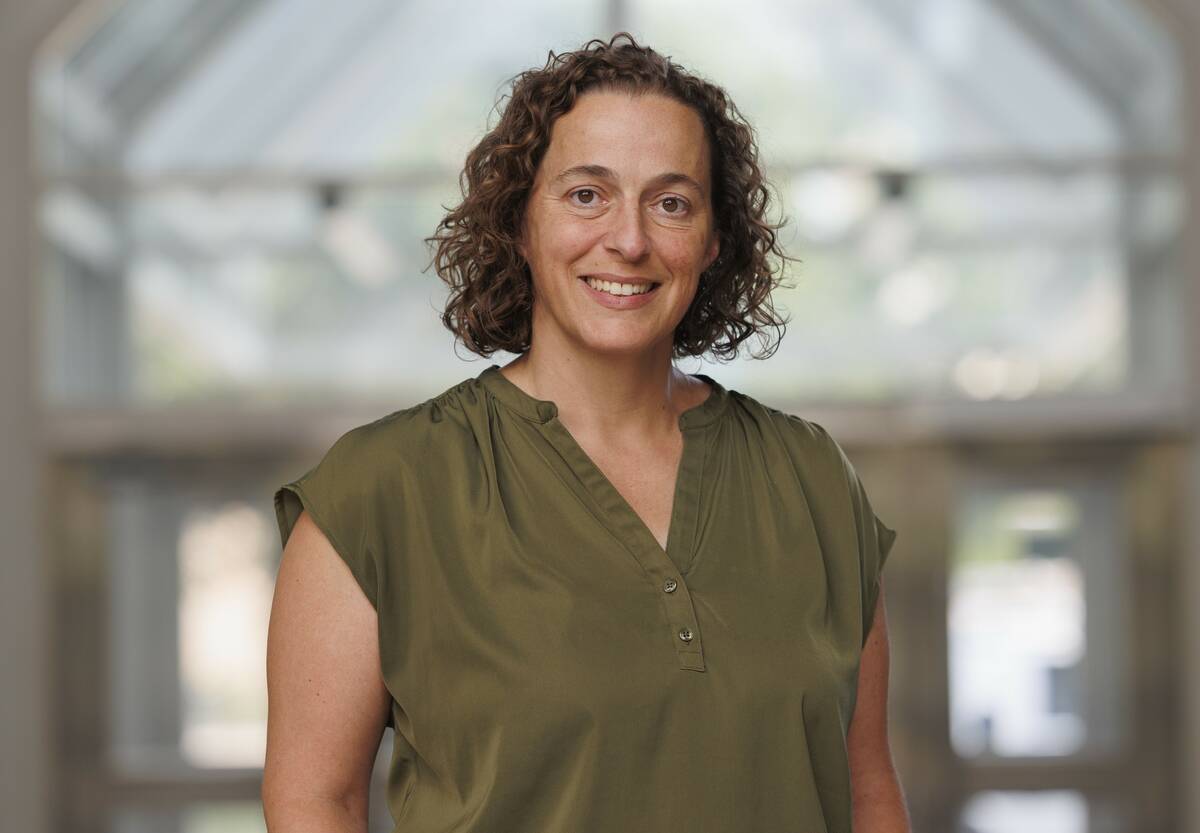
Our Strategic Research Partnership (SRP) Chairs, who are funded through an agreement with the Saskatchewan Ministry of Agriculture, tend to be very active in extension — some exemplars in this regard include Jeff Schoenau and Bart Lardner, who spend much of their time on the road or on the phone talking directly to producers.
But many of our other faculty are also deeply committed to extension, even if it’s not an official part of their job description. They see it as a great way to ensure their research has impact. It’s also a great way to get feedback from producers and industry professionals about what their most pressing issues are and ensures that new projects are responsive to those needs.
WP: Is extension part of the mission statement at the college?
B-H: While “extension” is not an explicit part of our mission statement, it is implicit in our aspirations to “provide products and services that enhance quality of life” and our “commitment to finding solutions to meet the demands of a hungry and growing world.”
We cannot achieve these impacts without getting our work into the communities we serve.
It is also more explicitly referenced in our strategic plan, as part of our engagement goals, which reflect our commitment to outreach, community engagement and building understanding and public trust in food safety, security and sustainability.


